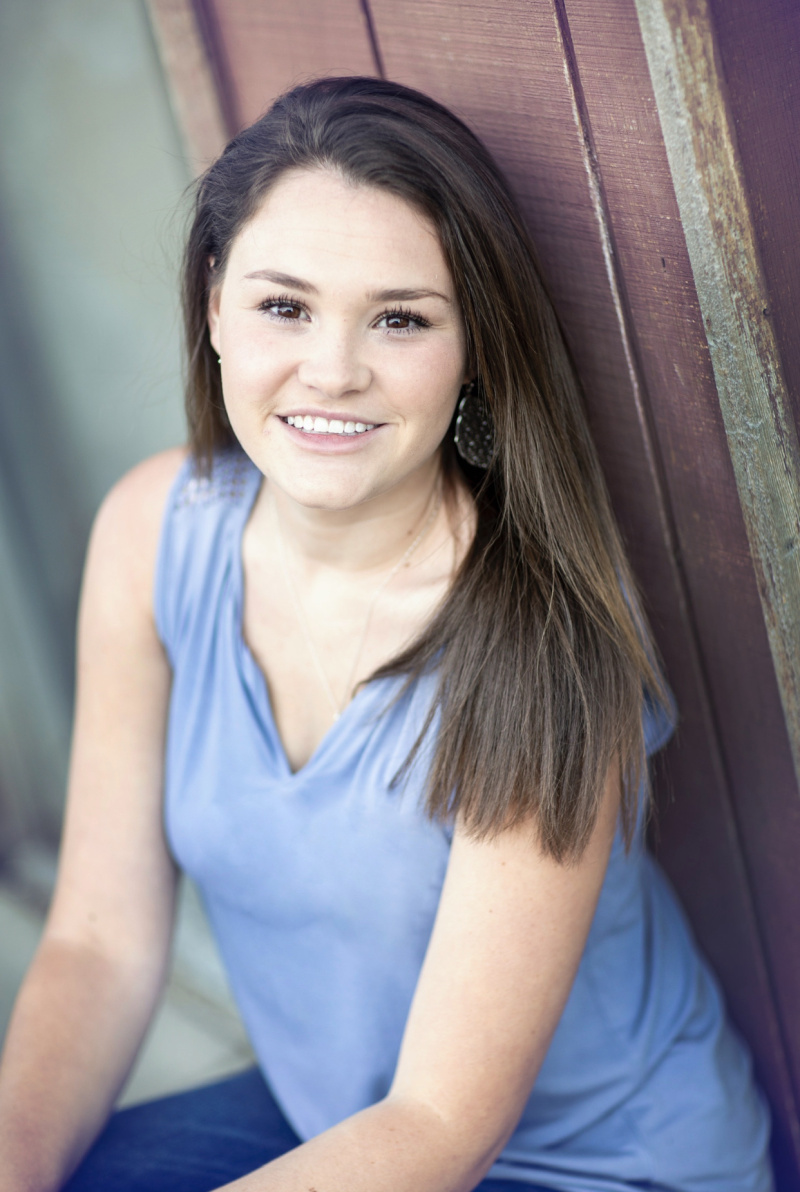Meet Claire: Class of 2020 and Honor Cord Recipient

Claire, an 18-year-old high school graduate from the Burlington area, has earned a Donate Life NC Honor Cord. She focused on organ, eye and tissue donation for a senior project and planned on teaching her peers about just what donation is and is not. While she had to curtail her teaching plans due to her school closing during the pandemic, she still found a way to share this important information with her fellow students.
We talked to Claire about her project and what she learned about becoming a donor.
DLNC: What's your name, how old are you and what made you decide to do a project involving organ, eye and tissue donation?
My name is Claire Cummings. I am 18 years old and a 2020 graduate from Asheville School. I decided to do a project involving organ, eye, and tissue donation because I had heard stories about how it has saved the lives of so many. In addition to that, when I received my license and was asked if I wanted to sign up as a donor it was an obvious yes for me, which caused me to wonder why someone would hesitate or decline to be a donor themselves. ?
DLNC: What did you do for the project?
For my project, I had originally planned to present a powerpoint outlining what organ, eye, and tissue donation was, what it means to say "yes", answer questions about misconceptions, and then help people interested in signing up. Due to the coronavirus I have sent my powerpoint to the school and will be delivering some handouts and information given to me by Donate Life NC.
DLNC: What's something you learned about organ donation doing this project?
I learned that there is a gap in minority communities not agreeing or being (understandably)uncomfortable singing up to be organ, eye, and tissue donors . However, I had no idea that this was an issue.
DLNC: What's something you learned that you can apply to anything (not related to donation)?
In doing this project I learned that it is important to see things both on a large and small scale. While the likelihood of me personally making a direct impact and being able to be a donor is very small (due on the many conditions). However, I can make a large and indirect impact by educating others and creating awareness.
DLNC: What would you say to someone who wasn't sure about registering as an organ donor?
I would say by saying "yes" you have the ability to save eight lives, restore sight to two people, and the ability to potentially improve seventy people's lives. If the very last thing you can do before dying is save someone else, you will most definitely die a hero and a lifesaver.